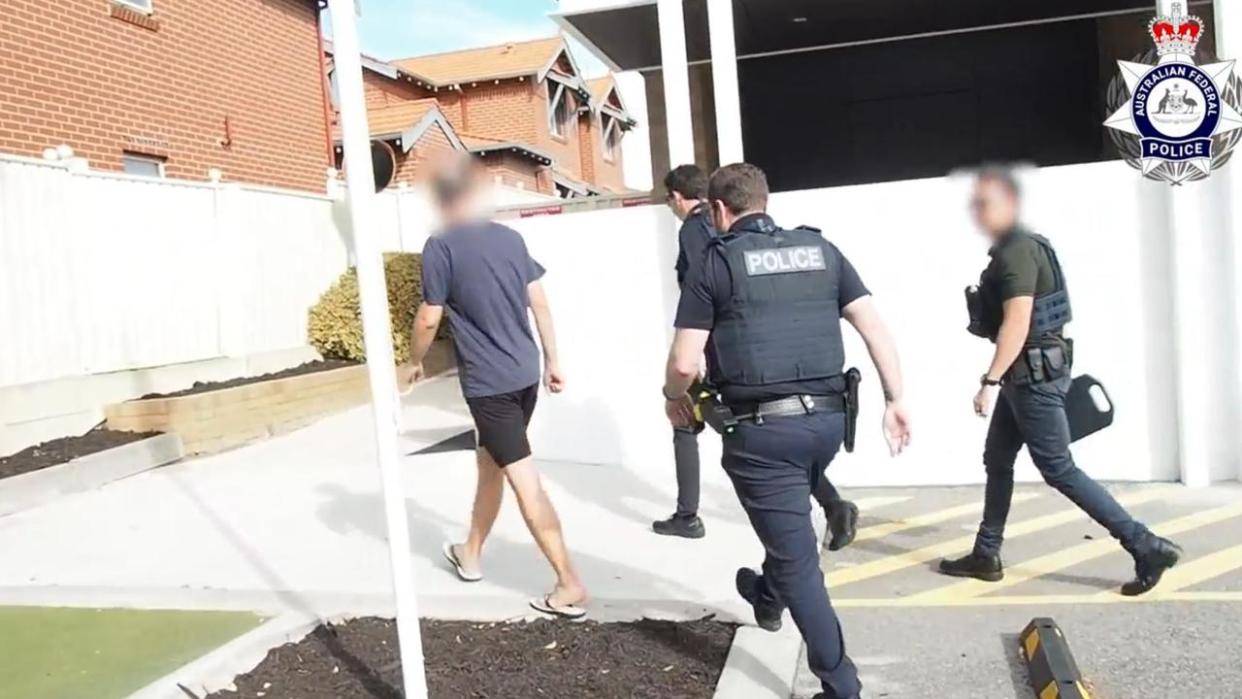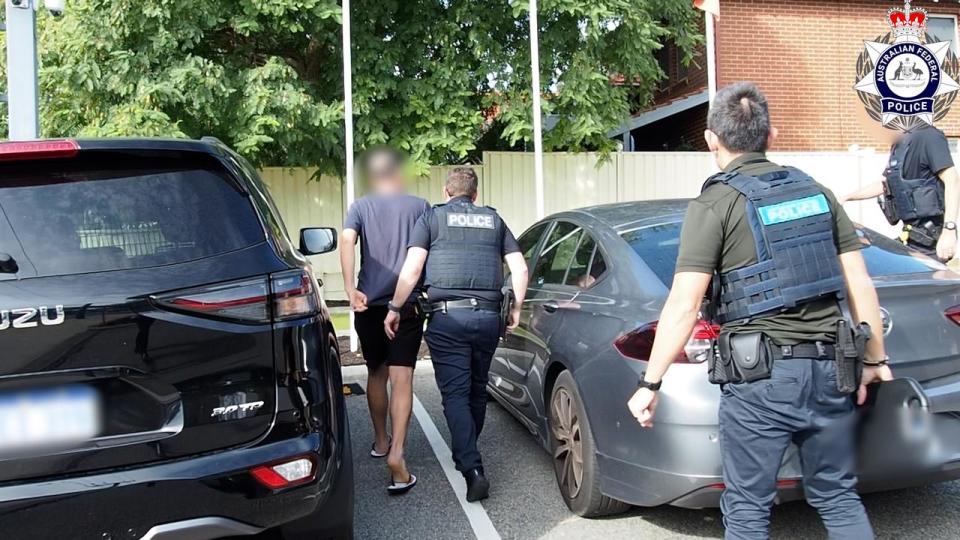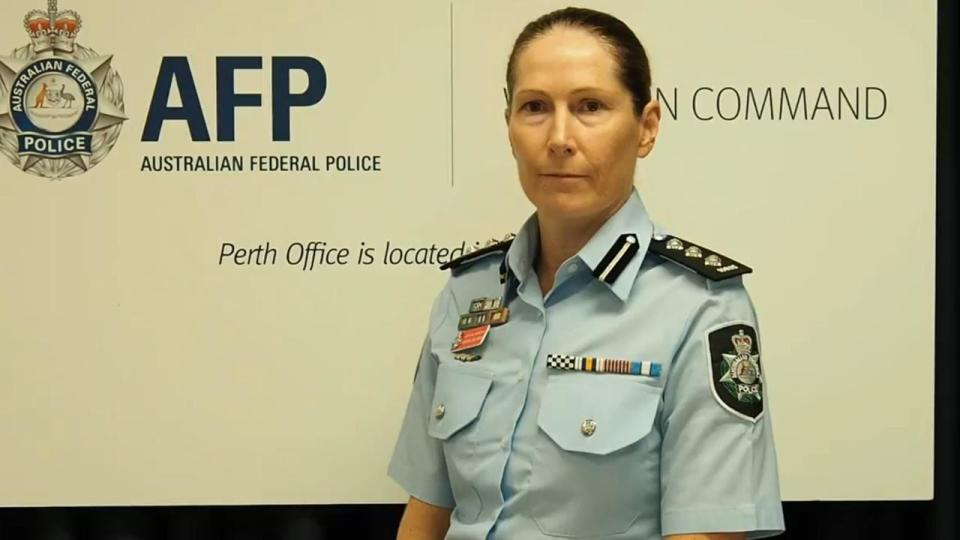Man charged with ‘evil twin’ Wi-Fi scam

A man has been charged over an “evil twin” scam that used fake free wi-fi networks to steal the personal data of unsuspecting users.
Police allege the man, 42, used a device in a number of locations, including airports in Perth, Melbourne and Adelaide, and on domestic flights, to create “evil twin” copies of legitimate wi-fi networks.
When users tried to connect their devices to the networks, they were allegedly taken to a fake web page and required to sign in using their email or social media logins.
Those details were then allegedly saved to the man’s devices, and could be used to access more personal information, including a victim’s online communications, stored images and videos or bank details, police said.
The alleged scam was reported to police by an airline in April, after its employees identified a suspicious wi-fi network during a domestic flight.

AFP investigators searched the man’s baggage when he returned to Perth Airport on an interstate flight on April 19, and seized a portable wireless access device, a laptop and a mobile phone from his hand luggage.
Officers also raided his home in Palmyra, near Fremantle.
A second search warrant on his home was carried out on May 8, when the man was arrested and charged with a series of offences.
Police have allegedly recovered the personal data of dozens of people, and forensic analysis of the devices seized is continuing.
AFP Western Command Cybercrime Detective Inspector Andrea Coleman said internet users should always be cautious when logging on to any public wi-fi networks.
“To connect to a free wi-fi network, you shouldn’t have to enter any personal details – such as logging in through an email or social media account,” she said.

Inspector Coleman said those using public hotspots should install a reputable VPN on their devices to encrypt and secure their data.
“When using a public network, disable file sharing, don’t do anything sensitive – such as banking -while connected to it and once you finish using it, change your device settings to ‘forget network’,” she said.
“We also recommend turning off the wi-fi on your phone or other electronic devices before going out in public, to prevent your device from automatically connecting to a hotspot.”
Anyone who has connected to free wi-fi networks in airport precincts and on domestic flights is encouraged to change their passwords and to report any suspicious activity to cyber.gov.au.


